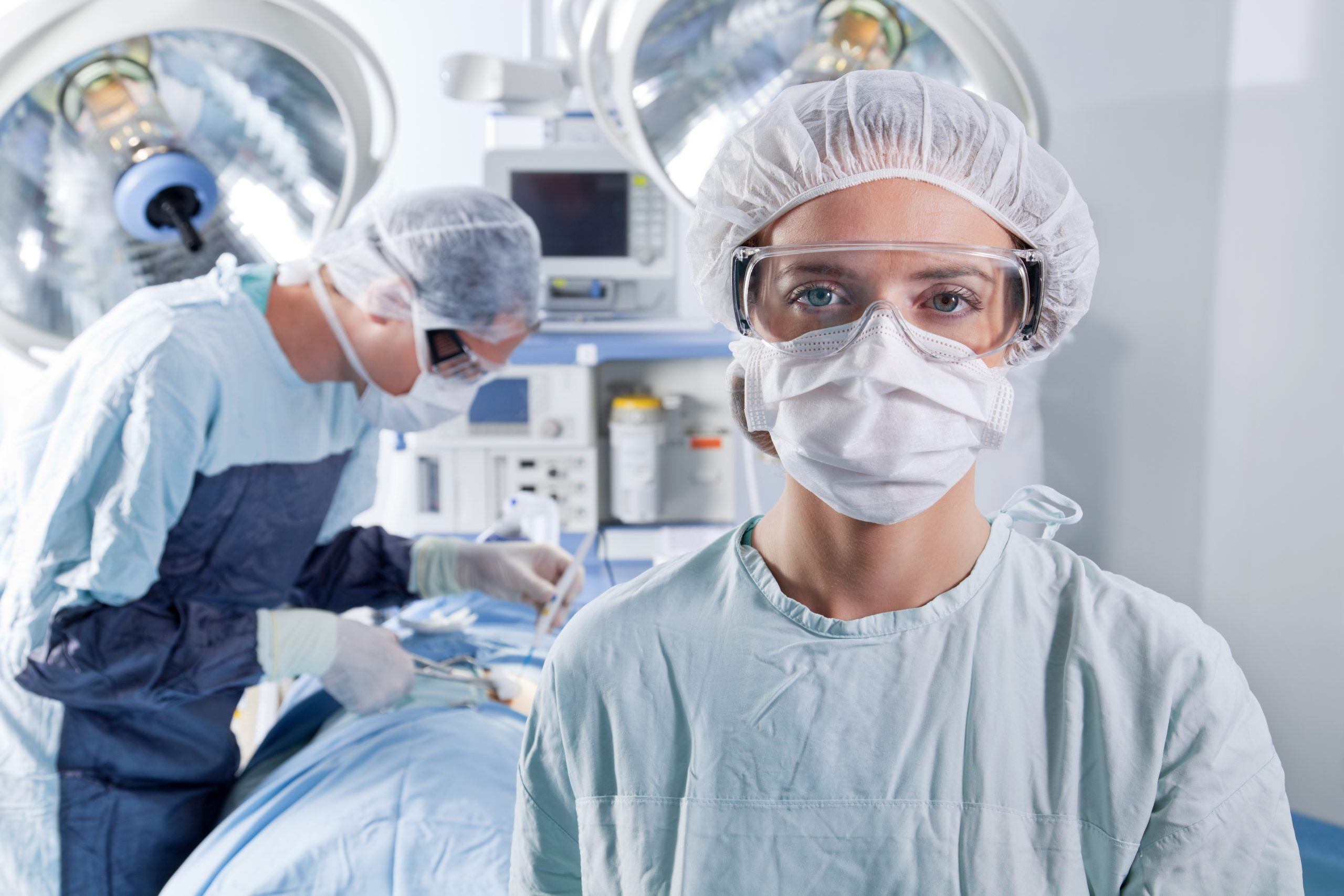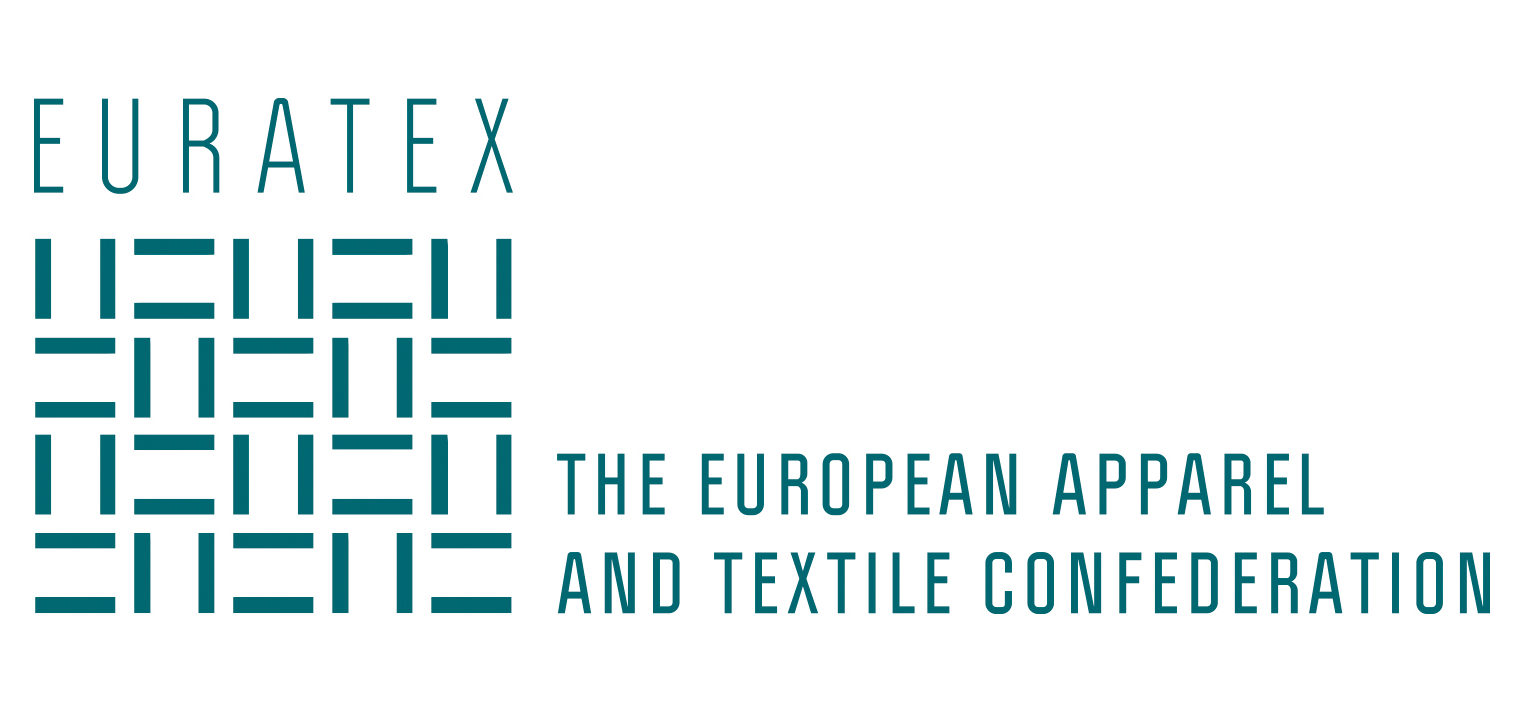
As the impact of the corona crisis is growing, EURATEX calls for a stronger coordination and cooperation among the EU and its member states, and clear communication on the required safety measures. European textile companies are contributing to face the crisis.
Textile and apparel businesses around Europe are facing hard times, as nearly every other sector of the economy. Despite the difficulties, the textile industry is doing its part to cope with the preventive measures put in place by the national governments. Specifically, the global COVID-19 emergency has created an unprecedent global demand for protective masks to be used by healthcare, law enforcement, population and key business value chains. According to its modelling, the WHO estimates that each month there will be a request for 89 million medical masks. In the most affected regions, as Lombardy in Italy, the monthly demand for certified masks – only for healthcare workers – exceed 10 million.
EURATEX is identifying options to increase the availability of protective masks in the EU, both by enhancing the existing capacity and creating new manufacturing capacity, including support to textile value-chain companies reconverting their production
Under normal circumstances two main type of face protecting masks are put on the market:
- PPE masks protect persons from outside agents. Products must be certified by laboratories[1] as per requirements of the PPE Regulation (typically harmonised standard EN 149) with level minimum FFP2 or better FFP3.
- Medical masks primarily protect patients from the wearer. Products shall meet requirements of the Medical Device Directive/Regulation (typically standard EN14683) by auto-certification and upon testing
In the present circumstances, masks offering a general protection are used as well. These masks offer different degrees of protection, depending on which materials are used and how they are made. These are usually intended for use by the population and are not meant to be used by healthcare workers. Public authorities should communicate clearly on the difference between these masks, and their level of protection.
EURATEX is working with its membership and the European Commission to quickly identify solutions that are workable and increase the relative safety of European citizens.
For
further information contact Mauro.scalia@euratex.eu
[1] In EU-27 there are 20 laboratories called “Notified Bodies” which are authorized to release PPE certifications for EN149. There are fewer laboratories able to do the testing necessary for the EN 14683.
